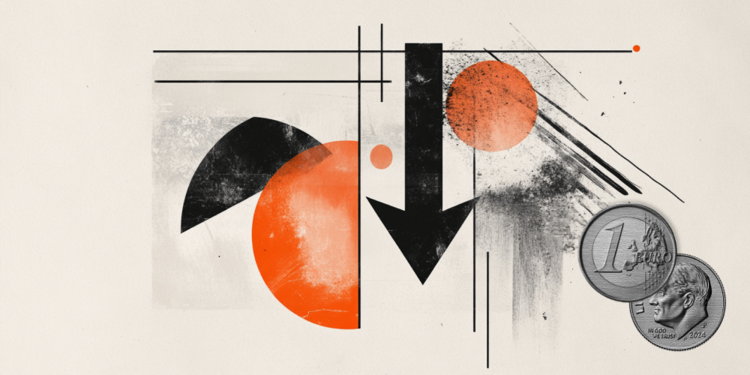Google’s long-awaited new AI chatbot tool Bard, which has yet to be released to the public, has already been mired in controversy after producing an inaccurate response in a demo this week.
In the demo, which was posted by Google on Twitter, a user asks Bard, “What new discoveries from the James Webb Space Telescope can I tell my 9-year-old son about?” Bard responds with a series of points, including one that says, “JWST has taken the first pictures of a planet outside our solar system.”
According to NASA, however, the first image showing an exoplanet – or any planet beyond our solar system – was actually taken by the European Southern Observatory’s Very Large Telescope nearly two decades ago, in 2004.
Shares in Alphabet, Google’s parent, fell 7.7% on Wednesday, wiping $100 billion from its market value, after Bard’s inaccurate response was first reported by Reuters.
Bard’s mistake highlights Google’s challenge in its race to integrate the same AI technology that underpins the Microsoft-backed ChatGPT into its flagship search engine. In trying to keep up with what some think is a sea change spurred by conversational AI in the way people search online, Google now risks undermining its search engine’s reputation for surfacing authoritative information.
Like ChatGPT, Bard is built on a large language model, which is trained on vast online databases to generate convincing responses to user commands. Experts have long warned that these tools have the potential to spread inaccurate information.
In an apparent attempt to address this concern, Google previously said that Bard would first open up to “trusted testers” this week, with plans to make it available to the public in the coming weeks.
“This highlights the importance of a rigorous testing process, something we’re starting this week with our Trusted Tester program,” a Google spokesperson told CNN in a statement on Wednesday about the factual error. “We will combine external feedback with our own internal testing to ensure that Bard’s responses meet a high standard of quality, security and grounding in real-world information.”
Shares in Alphabet, Google’s parent, fell as much as 8% in midday trading on Wednesday after Bard’s imprecise response was first reported by Reuters.
Google revealed Bard earlier this week as part of an apparent attempt to compete with the viral success of ChatGPT, which has been used to generate essays, song lyrics and answers to questions one might have previously Googled. The meteoric rise in popularity of ChatGPT led Google management to declare a “code red” situation for its search product.
On Wednesday, Google hosted an event at its Paris office, where the tech giant detailed plans to use AI technology to radically change the way people search for information online. Google’s event came a day after rival Microsoft announced a revamped version of Bing with a more advanced version of the AI used by ChatGPT. (Microsoft is investing billions in OpenAI, the company behind ChatGPT.)
In Wednesday’s presentation, a Google executive teased plans to use this technology to offer more complex, conversational responses to queries, including providing markers marking the best times of year to view various constellations and also offering pros and cons for purchase of an electric vehicle. .
The executive said that AI technology would pave the way for the “next frontier of our information products”.
Source: CNN Brasil
I am an experienced journalist, writer, and editor with a passion for finance and business news. I have been working in the journalism field for over 6 years, covering a variety of topics from finance to technology. As an author at World Stock Market, I specialize in finance business-related topics.







